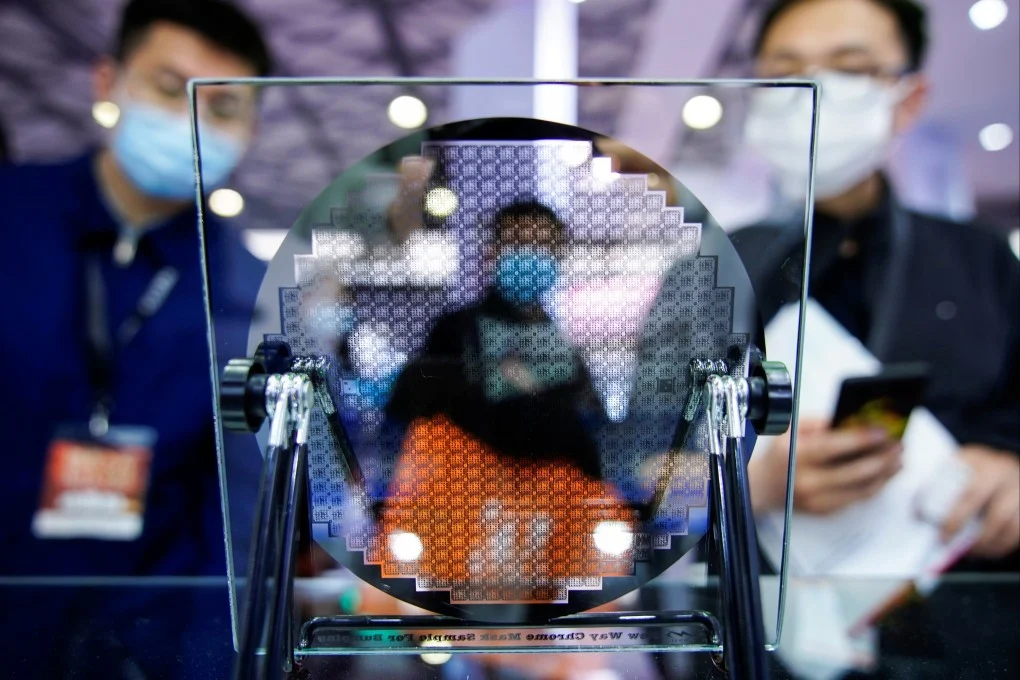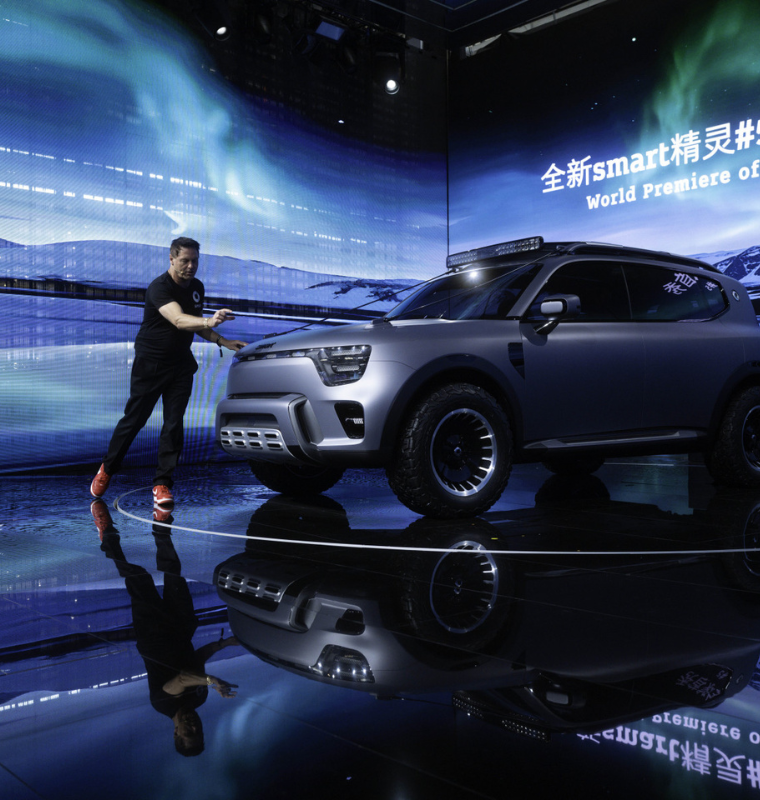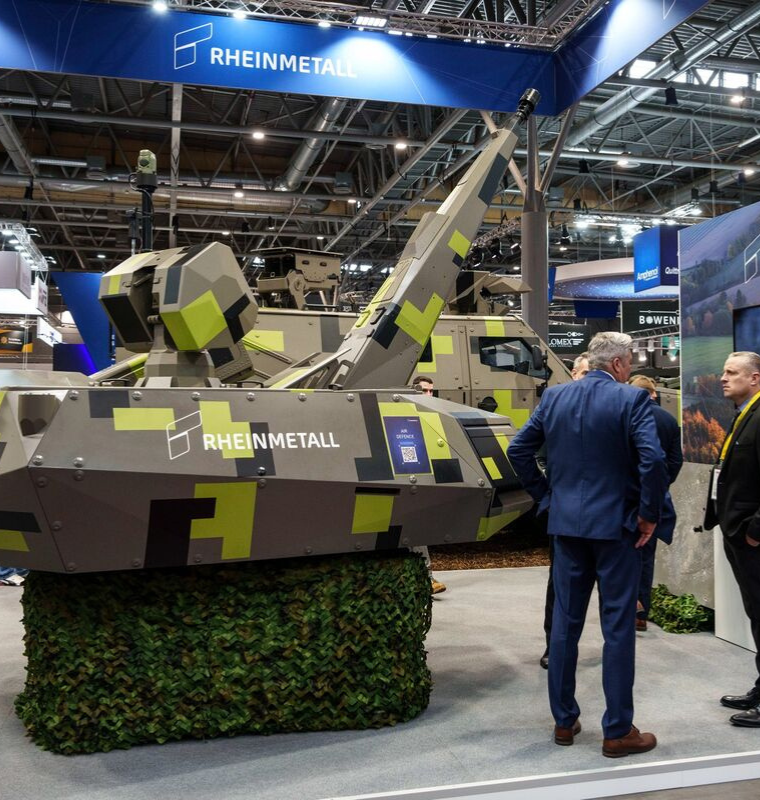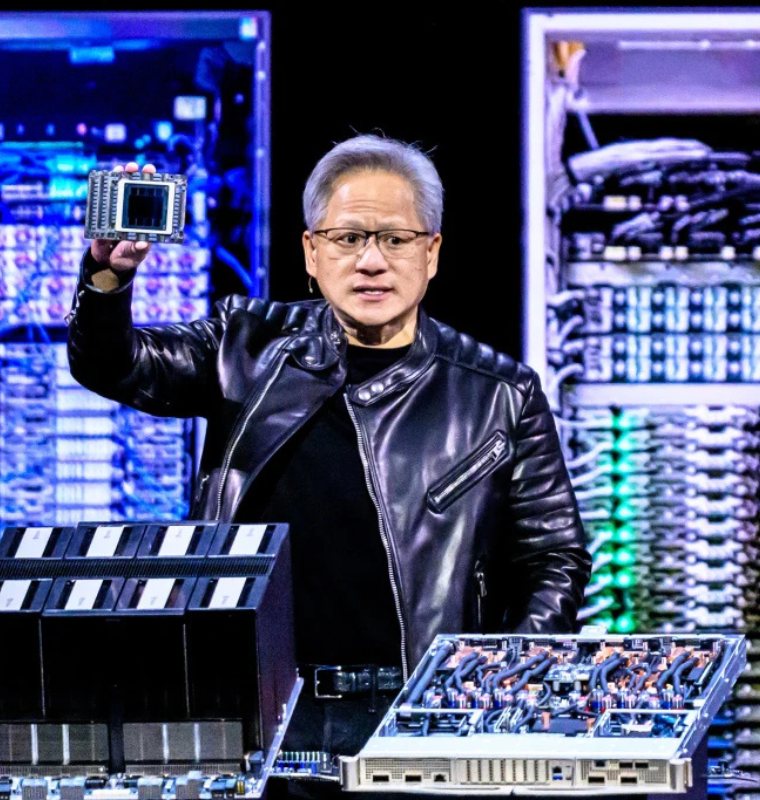China Signals Diplomatic Opening as Chipmaker Shares Surge
China Signals Diplomatic Opening as Chipmaker Shares Surge
By
David Goldfarb
Last updated:
November 10, 2025
First Published:
November 30, 2025

Photo: South China Morning Post
Shares of Wingtech Technology, parent company of Dutch‐based chipmaker Nexperia, rose as much as 6.4 percent on Monday following indications that Beijing is willing to ease tensions in its dispute with the Netherlands over chip exports. This development could mark an important step in the semiconductor supply chain that underpins industries from automotive to mobile devices.
What’s Happening
Wingtech’s stock was up sharply—rising 9.7 percent in the final minutes of trading on Friday and then jumping another 6.4 percent the following Monday—after the Ministry of Commerce of the People’s Republic of China announced it was taking measures to permit certain exports of Nexperia chips from its Chinese facility. At the same time, Beijing said it would host a Dutch delegation in talks and encouraged the Dutch government to present “constructive solutions” to the dispute.
The Dutch government had seized control of Nexperia on 30 September 2025 for national-security reasons, triggering China to block exports of components from the company’s Chinese operations. The disruption raised alarm across global automakers and high-tech manufacturers, many of whom rely on the standard chips that Nexperia supplies. Analysts estimate the company produces in excess of 100 billion chip units annually (about 70 percent of which are packaged and distributed from China).
Why the Share Surge Matters
The jump in Wingtech shares reflects market optimism that the export blockage may ease—potentially restoring supply flows to industries facing risk of production slowdowns. Because Nexperia’s output is embedded deeply in the automotive sector and electronics supply chains, the alleviation of a choke point matters not just for the company but for global manufacturing.
Moreover, the willingness of Beijing to engage in dialogue signals a break from the escalating posture seen earlier in the year—where control of critical chip supply and semiconductor manufacturing capacity became entwined with geopolitics.
Industry & Geopolitical Implications
For automakers such as Volkswagen and Stellantis, the dispute had real consequences: production risks were flagged as early as late October when chip supplies stalled. By securing a pathway for resumption of exports, supply chain stress could begin to ease.
On the geopolitical front, the episode highlights how semiconductor manufacturing has become a strategic asset. The Netherlands, home to major chip manufacturing and equipment firms, and China, aiming for dominance in the tech stack, find themselves at the intersection of export controls, foreign investment scrutiny and global market dependencies.
What to Watch Going Forward
Key indicators to monitor:
- Whether China’s permission for chip exports from Nexperia’s Chinese site translates into actual shipment volumes and sustained deliveries.
- Whether the Dutch government follows through with its stated willingness to negotiate, potentially reversing its intervention in Nexperia’s governance.
- The status of chip inventory levels at automakers and electronics firms—whether the backlog eases or fresh pinch-points arise.
- How investors react to any renewed risks of supply disruption or renewed Sino-Dutch friction, and whether this affects valuations of exposed firms.
The sharp uptick in Wingtech’s share price and China’s diplomatic olive-branch mark a moment of easing in a complex web of technology, trade and strategic assets. While the core meaning remains the same—that Beijing is showing willingness to de-escalate and that global supply chains may breathe easier—the landscape is far from settled. Investors, industry leaders and policymakers will all be watching closely to see if this is the start of a genuine resolution—or simply a temporary correction in a broader storm.
Popular articles
Subscribe to unlock premium content
AI-Curated Luxury Shopping Experiences Transform the Market

Luxury Smart Vehicle Accessories Create a $250 Million Niche Market

Bespoke AI Fitness Experiences Redefine Personal Training

AI-Curated Luxury Shopping Experiences Transform the Market

Luxury Smart Vehicle Accessories Create a $250 Million Niche Market

AI-Curated Luxury Shopping Experiences Transform the Market









